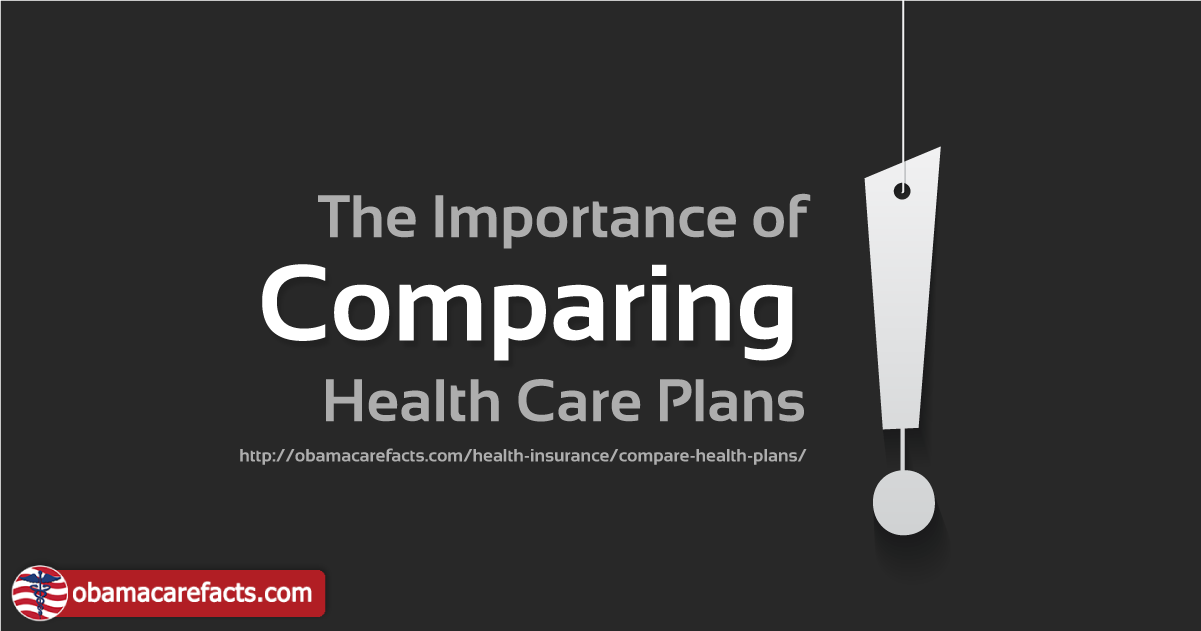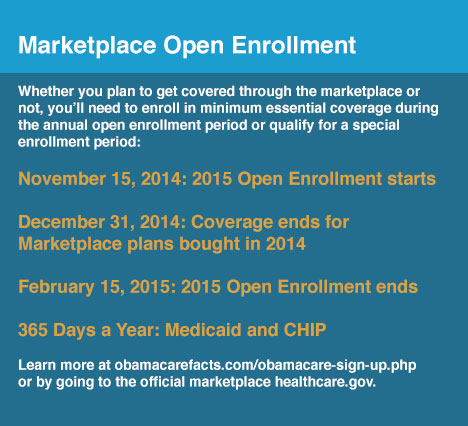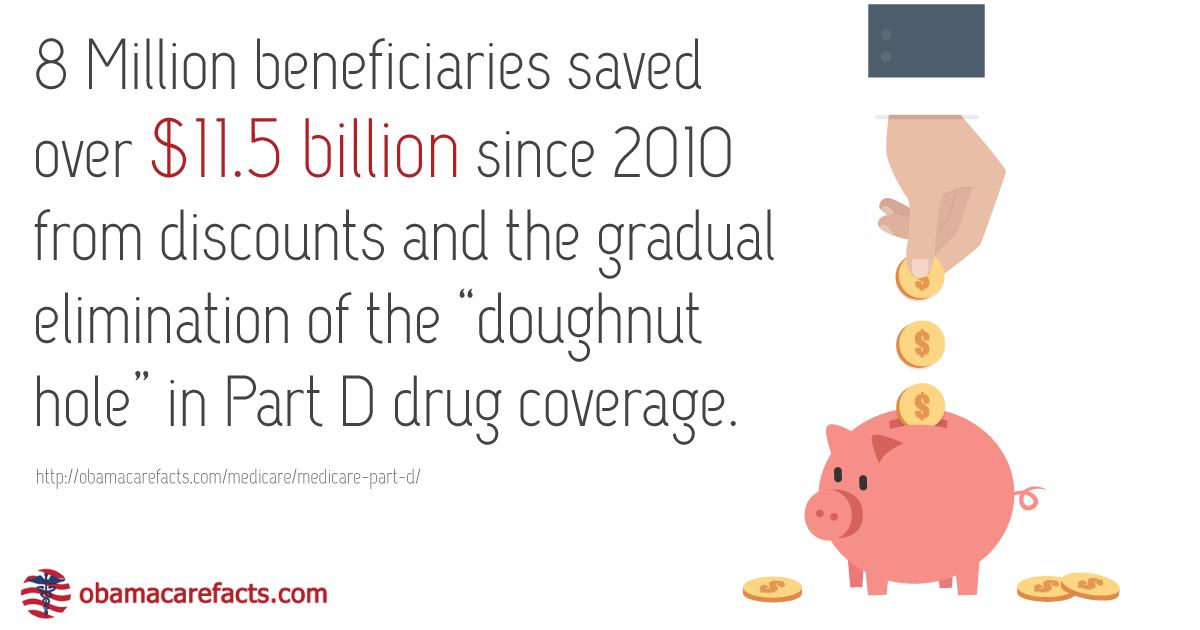Gold Plan







ObamaCare’s Gold Plan is a type of Metal Plan on the Health Insurance Marketplace. Gold Plans qualify for Tax Credits, have high premiums, and generous cost-sharing. Other Metal Plans include Bronze, Silver, and Platinum. Also, a Catastrophic Plan is available to young adults and to some people with hardship exemptions. Gold plans mean higher premiums, less Tax Credits, but much… Read More




